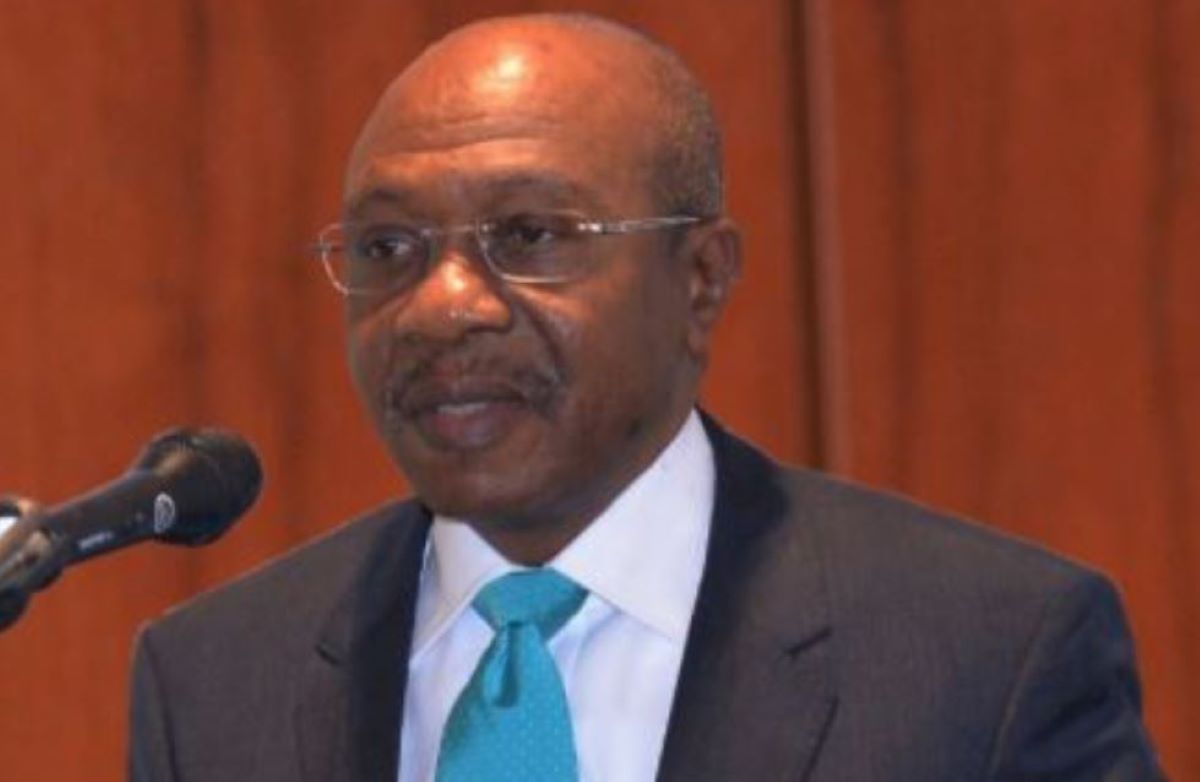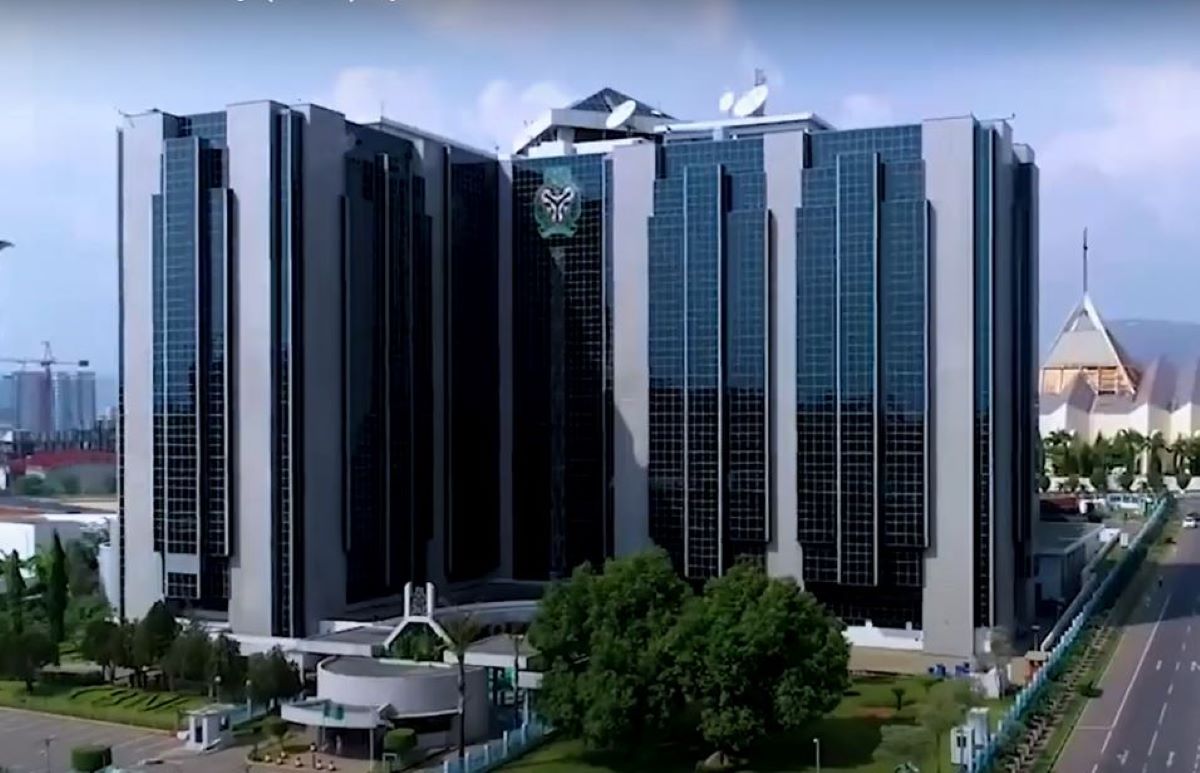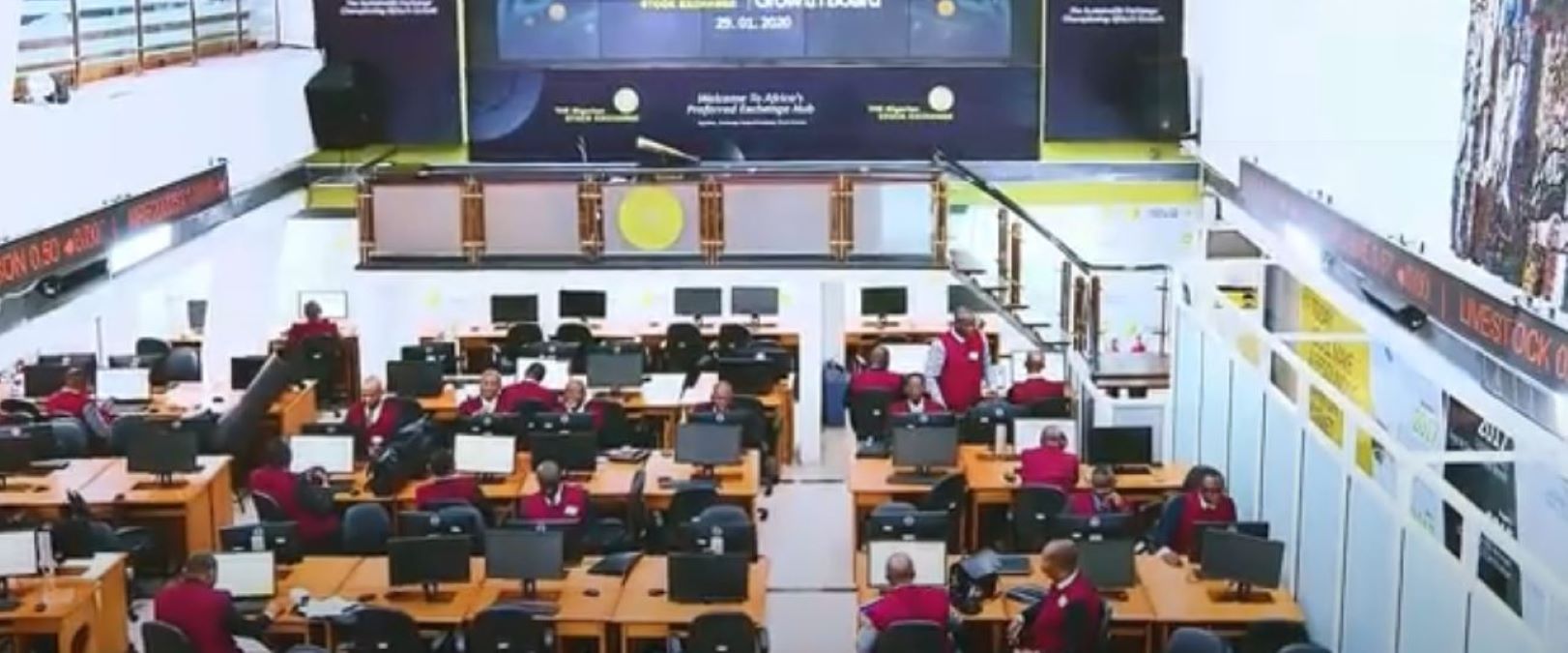The Central Bank of Nigeria, (CBN), has said that the country’s foreign exchange reserves at about $35 billion would cover seven months import needs of the economy.
This is contained in the just-released 2020 economy review and 2021 outlook by the CBN.
- Nigeria’s Monetary Policy Rate Remains At 11.5% – CBN
- FG not adopting flexible foreign exchange rate or NAFEX – CBN
In the review, the CBN explains the implementation of a demand management framework which is to bolster production within Nigeria and aid the conservation of external reserves.
”Due to the unprecedented nature of the shock, we continued to favour a gradual liberalisation of the foreign exchange market in order to smoothen exchange rate volatility and mitigate the impact which rapid changes in the exchange rate could have on key macro-economic variables.”
The CBN said it believes this to be “in line with international best practices in countries where managed float arrangements.”
CBN MPC
The CBN further assures that authorities are taking measures to improve non-oil exports and other sources of foreign exchange.
“These measures have helped to prevent a significant decline in the country’s reserves” – it said.
Nigeria’s monetary policy which it currently maintains at 11.5% is often subject to foreign exchange reserves.
- CBDC in Nigeria – things to know as CBN launches digital currency Oct 1
- CBN names BUA, two others for sugar importation, restricts foreign exchange
More so, the CBN clarifies that inflation which has had an impact on the monetary policy process in 2020 rose from several factors.
The increase in VAT rate, petroleum prices, electricity price adjustments, farmer-herder clashes, exchange rate adjustment, and flooding were among those.
According to the CBN, the foreign reserves stand above $35 billion. This is sufficient to cover seven months of import of goods and services,” the review said.




